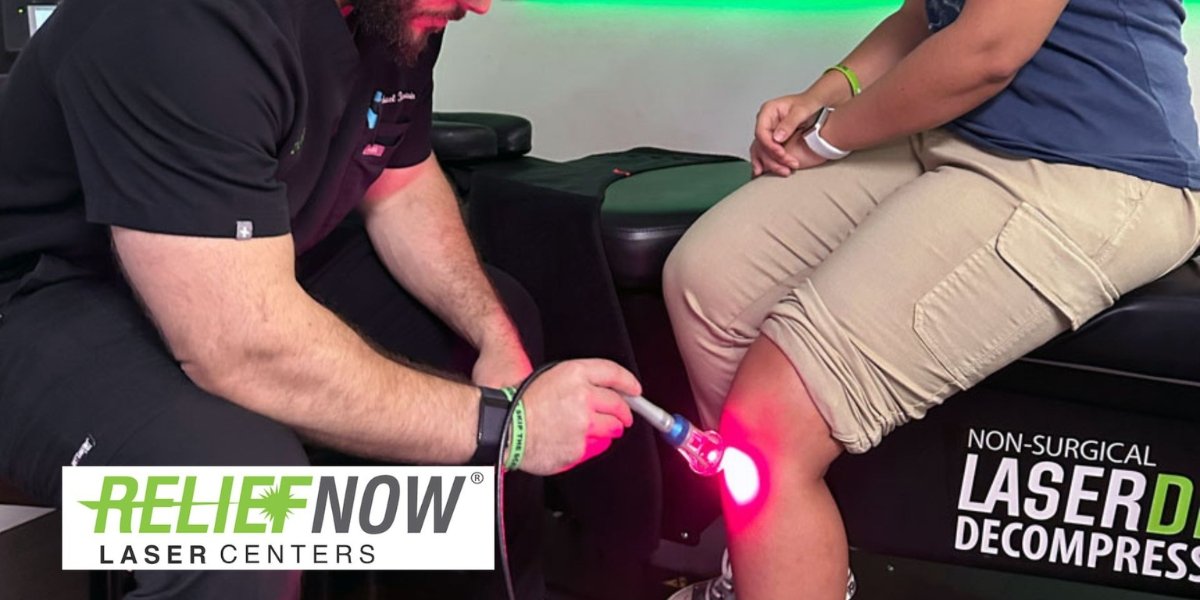By: Sam’s Caribbean Marketplace
“If Sam’s doesn’t have it, you probably don’t need it.” A phrase that wasn’t crafted in a marketing meeting but rather came from a loyal customer at Sam’s Caribbean Marketplace speaking to her sister while browsing the aisles of the family-owned grocery store in Long Island. It may have sounded offhand, but it speaks volumes. In that one sentence lives a depth of trust that many national retailers find challenging to achieve.
For over 30 years, Sam’s has quietly built a meaningful presence by staying focused on its community. Founded in 1993 by Jamaican immigrants Andrew and Jean Morris, the store has become a place for Caribbean-Americans looking for more than just food—they come for familiarity, culture, and the feeling of being understood. In a world where speed and convenience often dominate, Sam’s demonstrates that connection and loyalty remain rooted in genuine relationships.
A Business Born From Community
Sam’s didn’t start with a business plan loaded with metrics and projections. It began with a vision, a $200 household oven, and a desire to bring the Caribbean closer to home. That oven baked approximately 70,000 Jamaican patties yearly in the early years, feeding a growing community hungry for a piece of home. The store itself is named after Jean’s late father, Samuel Bonar—a gesture that set the tone for everything that followed.
Sam’s success has always come from deeply understanding its audience. The shelves aren’t stocked with a generic “international” selection; they’re lined with over 1,000 authentic Caribbean products that reflect the needs of Jamaican, Trinidadian, Barbadian, and other West Indian communities. It’s this specificity—not volume—that helps make Sam’s a valued resource.
Big retailers often chase mass appeal, trying to be everything to everyone. Sam’s chooses depth over breadth. That’s the difference between stocking a hot sauce because it’s trending and stocking it because a customer once requested it by name and continues to come back for it.
The Power of Cultural Fluency
Sam’s doesn’t just sell Caribbean goods, it embodies the culture. You can hear it in the way staff greet customers, in the smell of freshly prepared Jamaican patties from the takeout counter, and in the seasonal rhythm of the store. When Easter approaches, the focus isn’t on chocolate bunnies—it’s on bun and cheese, because that’s what the community desires.
That cultural fluency can’t be easily replicated. It’s embedded in the lived experiences of the founders. Jean, a registered nurse, still works as a care manager at a Long Island hospital. Andrew left a career in publishing to start a business he had no technical experience in, but one he believed could serve a genuine need. Together, they’ve created something uncommon: a business that reflects the people it serves.
This authenticity doesn’t just foster loyalty; it encourages belonging. Customers come not only for the products, but for the people who know how to pronounce them, prepare them, and celebrate them.
Loyalty Is Built, Not Bought
Retail giants spend millions developing loyalty programs, mining data, and trying to mimic intimacy through algorithms. Sam’s approach is much simpler and often more effective. It knows its customers by name. It remembers their stories. When something is out of stock, it’s not “too bad”—it’s “let me call you when it’s in.”
There’s a reason customers will drive past several chain stores to get to Sam’s. It’s not just about the products. It’s about the trust that what’s on the shelf has been thoughtfully chosen and that the person behind the counter understands why it matters.
That’s what makes the original customer quote so striking. It wasn’t about price, convenience, or location. It was about confidence. If Sam’s doesn’t have it, it’s likely not worth searching for elsewhere.
What Big Brands Often Miss
In pursuing scale, many large retailers lose the soul of retail. Sam’s offers a few key lessons for those willing to look more closely.
First, know who you’re serving. The business isn’t trying to compete with Walmart on size or price. It competes on care, knowledge, and trust. Second, live the culture you represent. Customers can sense when something’s real and when it’s not. Lastly, don’t underestimate the value of continuity. Many of Sam’s customers have been shopping there for decades. Some are now introducing their children and grandchildren to the store. That’s not just customer retention—it’s generational impact.
As the store expands its digital footprint through its reimagined website, Sam’s remains grounded in the very values that built it. It may be shipping Caribbean groceries across the country, but the tone of each transaction still feels local, personal, and human.
A Storefront Full of Lessons
Sam’s Caribbean Marketplace isn’t just a success story—it’s a case study of how to build customer loyalty the hard way: one interaction at a time. Its story shows that the strongest brands aren’t always the flashiest or the fastest. They’re the ones that listen. That remembers. That serves with heart.
So when someone says, “If Sam’s doesn’t have it, you don’t need it,” it’s more than just a throwaway line. It’s a reflection of everything Sam’s has built, and everything bigger brands could stand to learn.
Published by Stephanie M.











